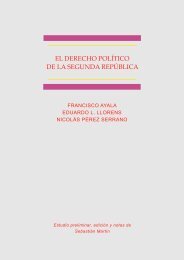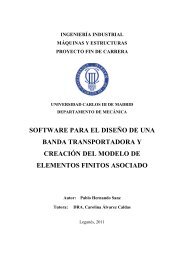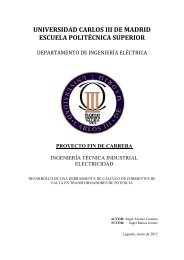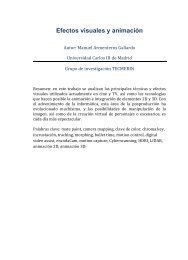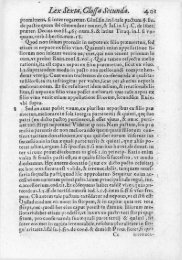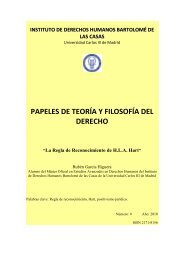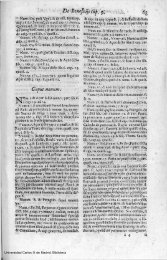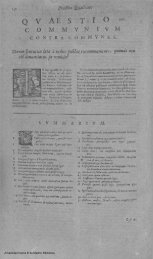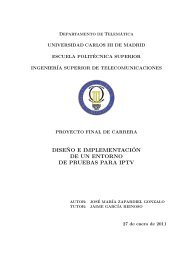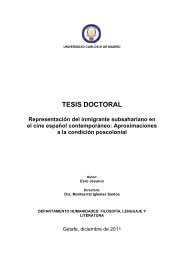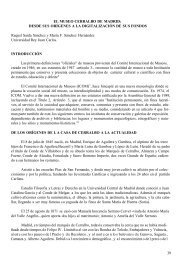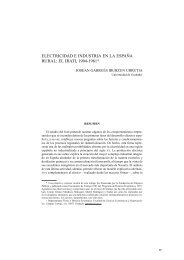Land tenure inequality, harvests, and rural conflict ... - e-Archivo
Land tenure inequality, harvests, and rural conflict ... - e-Archivo
Land tenure inequality, harvests, and rural conflict ... - e-Archivo
You also want an ePaper? Increase the reach of your titles
YUMPU automatically turns print PDFs into web optimized ePapers that Google loves.
coming from peaceful, private activities (Collier, 2009: 133). When incomes are low,<br />
or falling, or unemployment is on the rise, the motivation to engage in protest or<br />
violence increases (Do <strong>and</strong> Iyer, 2010: 735).<br />
More recently, in the relatively recent turn to find plausible sources of<br />
exogenous variation in income, volatile rainfall <strong>and</strong> <strong>harvests</strong> have been linked to <strong>rural</strong><br />
<strong>conflict</strong>. Thus for example, a recent article by Hidalgo, Richardson <strong>and</strong> Naidu (2010)<br />
argues poor <strong>harvests</strong> caused by rainfall shocks increased the likelihood of l<strong>and</strong><br />
invasions in Brazil. An even more extreme version of this hypothesis, Miguel et al.<br />
claim negative rainfall shocks increased the likelihood of civil wars in Africa (Miguel<br />
et al., 2004). In countries like Rw<strong>and</strong>a, Malthusian pressures <strong>and</strong> increasing<br />
competition for l<strong>and</strong> led to social crisis <strong>and</strong> violence (André <strong>and</strong> Platteau, 1998). In<br />
many violent places of the developing world, the existence of a large pool of<br />
unemployed workers has been considered a typical trigger of <strong>conflict</strong> (a critical view<br />
in Berman, Felter, Shapiro, 2011).<br />
Mainstream narratives of the evolution of <strong>rural</strong> <strong>conflict</strong> in the Second<br />
Republic in Spain have emphasized spontaneous processes of mobilization caused by<br />
poverty, unemployment <strong>and</strong> <strong>inequality</strong>. Thus for example Paul Preston argued<br />
“agrarian violence was a constant feature of the Republic” <strong>and</strong> that “based on the<br />
crippling poverty of <strong>rural</strong> laborers, it was kept at boiling point by the CNT” (Preston,<br />
2006: 55). In his view, “throughout 1932, the FNTT (Federación Nacional de<br />
Trabajadores de la Tierra, National Federation of Agricultural Workers) worked hard<br />
to contain the growing desperation of the rank <strong>and</strong> file” (Preston, 2006: 57). Helen<br />
Graham, considered “the thwarting of popular aspirations for social change produced<br />
6



